When applying for a U.S. green card or immigrant visa, meeting the health requirements is essential. Among these requirements, vaccination is crucial to prevent the spread of contagious diseases and protect public health. If you’re planning to immigrate to the U.S., understanding the vaccination requirements and ensuring you meet them will help avoid delays in your application process.
Why Vaccinations Are Required
U.S. immigration authorities, including U.S. Citizenship and Immigration Services (USCIS), mandate that all applicants for immigrant visas or green cards undergo a medical examination. Part of this examination involves proving that you have received certain vaccinations, as required by the Centers for Disease Control and Prevention (CDC).
Vaccinations are not only a health measure but also a requirement for obtaining a green card or visa. Failure to meet the vaccination requirements can result in significant delays or even denials in your application.
Required Vaccinations for U.S. Immigration
The required vaccinations may change over time, but the current list includes:
- Measles, Mumps, Rubella (MMR) – These vaccines are required to prevent highly contagious diseases that can cause serious complications.
- Diphtheria, Tetanus, and Pertussis (DTP) – This combination vaccine is essential for preventing respiratory illnesses, nerve damage, and other severe conditions.
- Polio – Required to prevent polio, which can lead to paralysis and other debilitating conditions.
- Haemophilius influenza type B – This vaccine prevents H. Influenzae which is responsible for a wide range of localized and invasive infections.
- Hepatitis A and B – This vaccine prevents Hepatitis B, a liver disease caused by a viral infection.
- Varicella (Chickenpox) – You must either show proof of vaccination or a history of the disease.
- Influenza (Flu) – Required during flu season (typically October through March).
- Meningococcal Disease – Required for individuals between the ages of 2 and 29 to prevent meningitis.
- Pneumococcal Pneumonia – This vaccine helps protect against serious illnesses like pneumonia, meningitis and sepsis.
- Rotavirus – This vaccine prevents Rotaviruses which cause damage of the small intestine line and gastroenteritis in infants and young children.
As of March 11, 2025 neither immigrant visa applicants nor people who apply for Adjustment of Status are required to receive the COVID-19 Vaccine.
How to Meet Vaccination Requirements
To meet the vaccination requirements, you’ll need to undergo a medical examination with a USCIS-approved doctor(civil surgeon in the U.S. or a panel physician abroad). The doctor will review your vaccination history and administer any required vaccines you may have missed. Here’s how to ensure compliance:
- Provide Vaccination Records: Make sure to bring your vaccination history to the medical exam. If you’re missing records, the doctor may offer blood tests to check for immunity.
- Exemptions: You may qualify for a vaccination exemption if you have a medical condition that prevents you from receiving certain vaccines or have religious objections. However, you’ll need to provide documentation to support your claim.
- Age Considerations: Certain vaccines are required based on age, such as the meningococcal vaccine for individuals between 2 and 29. Make sure to check which vaccines apply to your age group here.
- Timing: Schedule your medical exam early to allow time for any required vaccinations or waiting periods, especially for those who may need multiple doses.
What Happens If You Don’t Meet Vaccination Requirements?
If you don’t meet the vaccination requirements, your visa or green card application may be delayed. If you haven’t received the necessary vaccines, the civil surgeon will advise you on the steps to take. In many cases, you can complete the vaccinations and submit updated documentation to continue the process.
For applicants with exemptions, the immigration process can continue, but you’ll need to provide detailed proof of why the exemption applies to you, such as medical records or apply for a vaccination waiver on grounds of religious beliefs.
Why Work with an Experienced Immigration Attorney?
While vaccinations are a key part of the immigration process, navigating the entire medical and immigration process can be challenging. Working with an experienced immigration attorney can help ensure that your medical exam and vaccination records are in order, and your application proceeds smoothly.
We specialize in helping individuals and families meet all U.S. immigration requirements, including vaccination compliance. We’ll work with you to ensure all necessary steps are taken and that your application isn’t delayed due to missed vaccinations or documentation issues.
Ready to begin your immigration journey? Contact us today for a consultation and let us guide you through the process.








